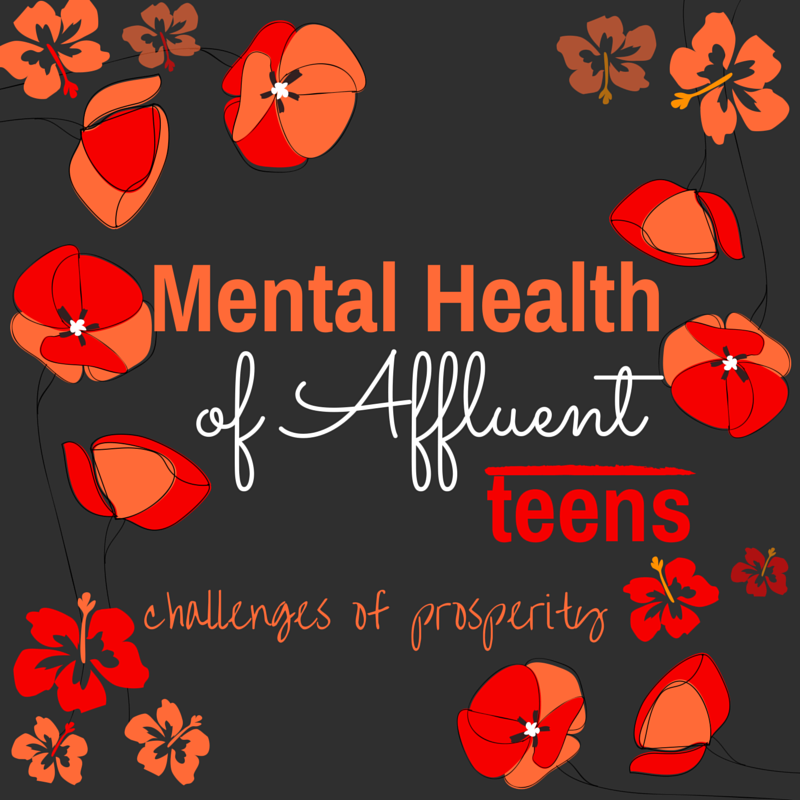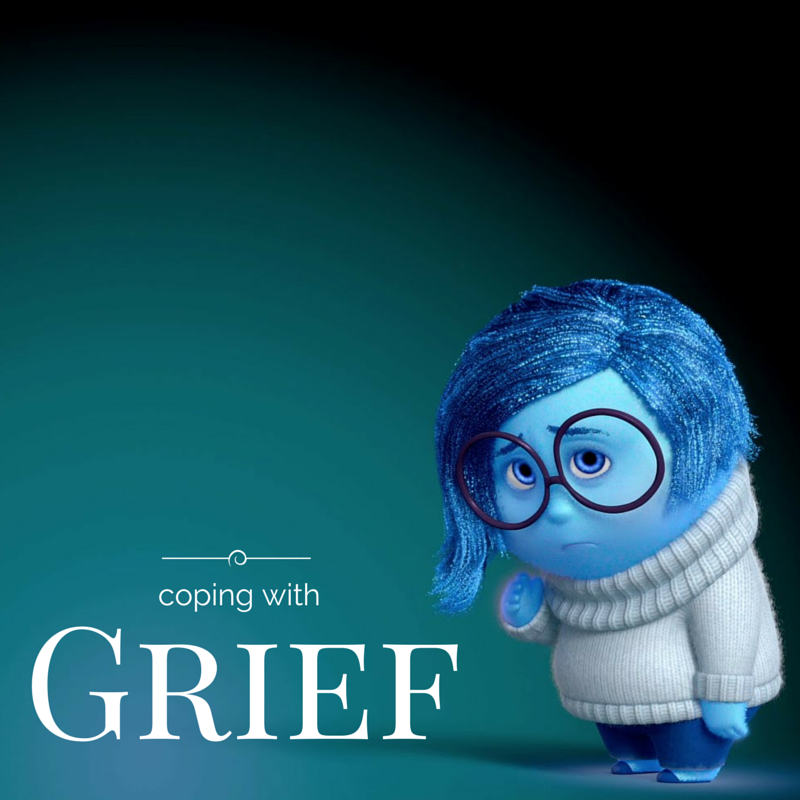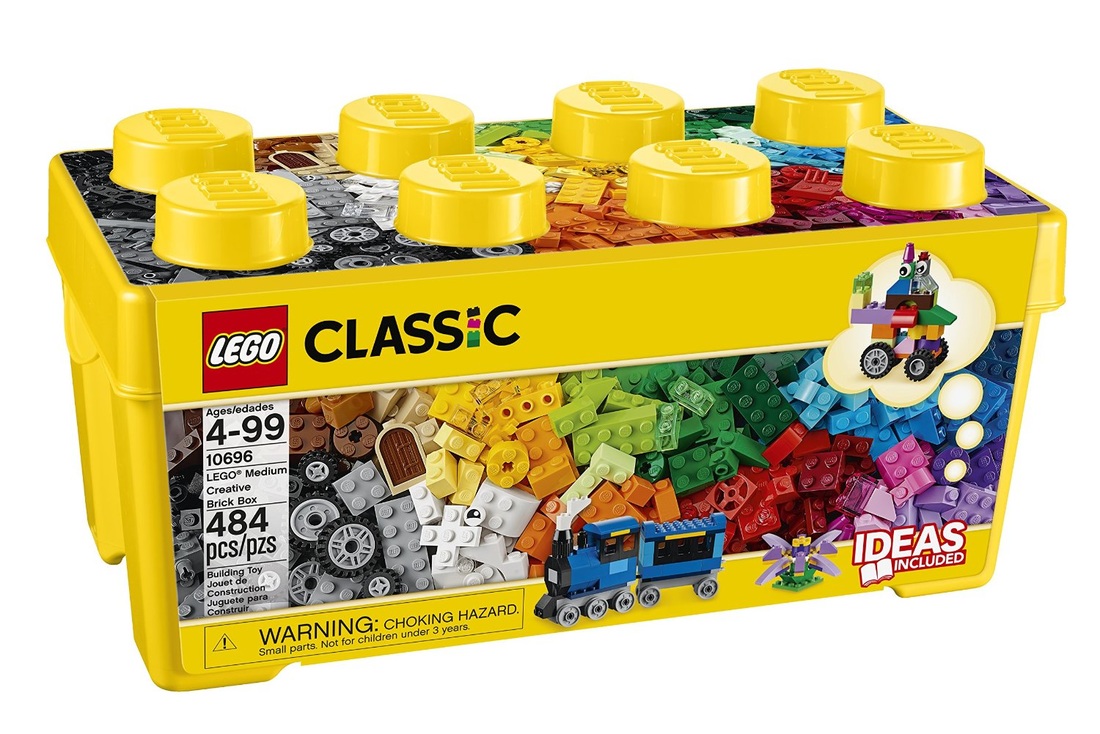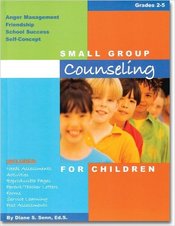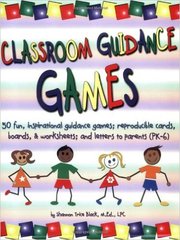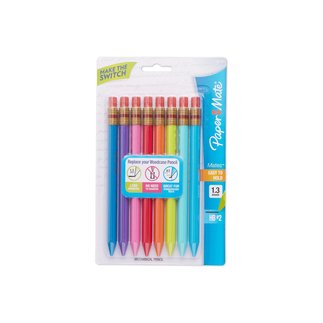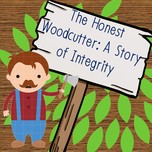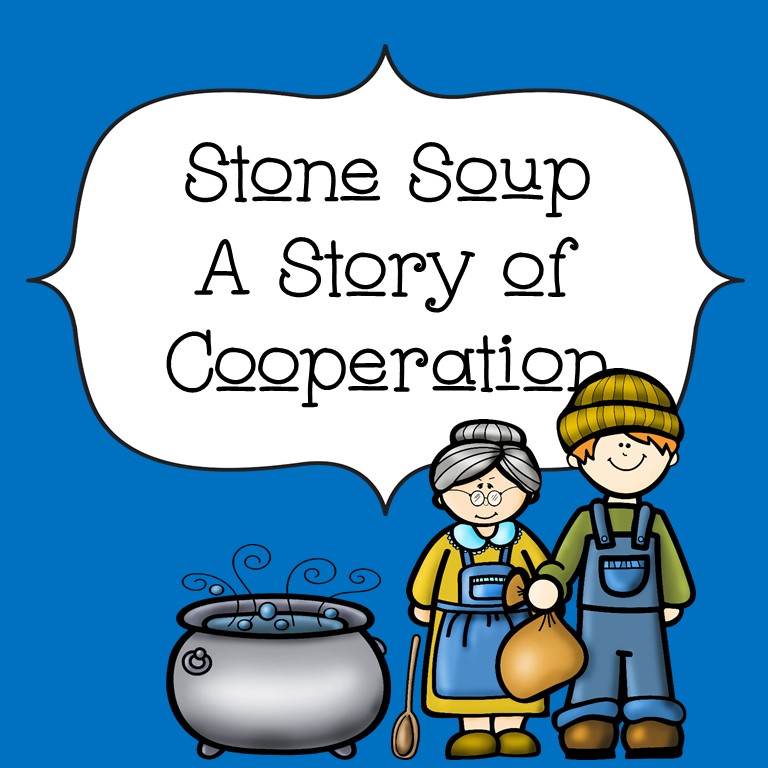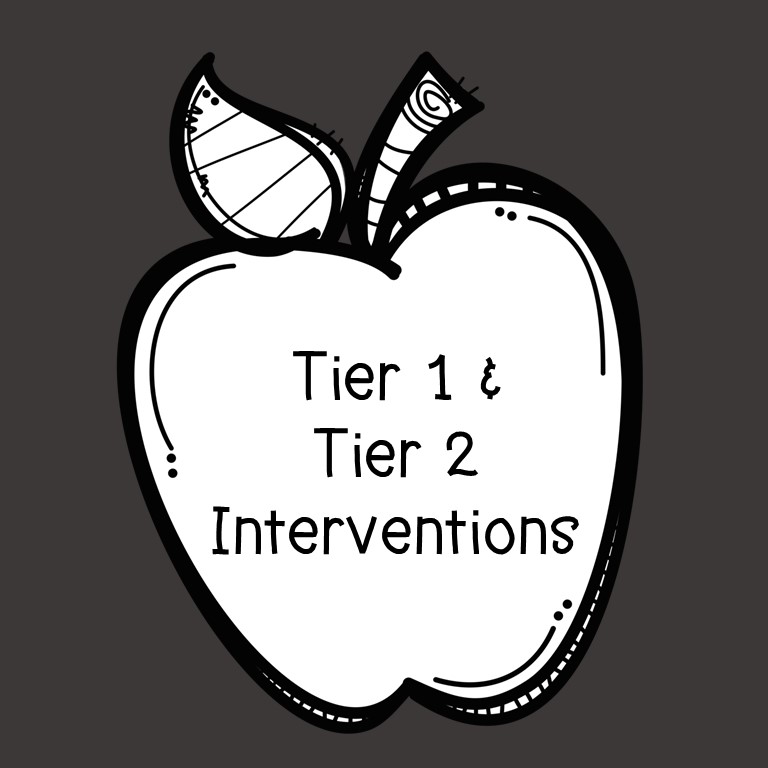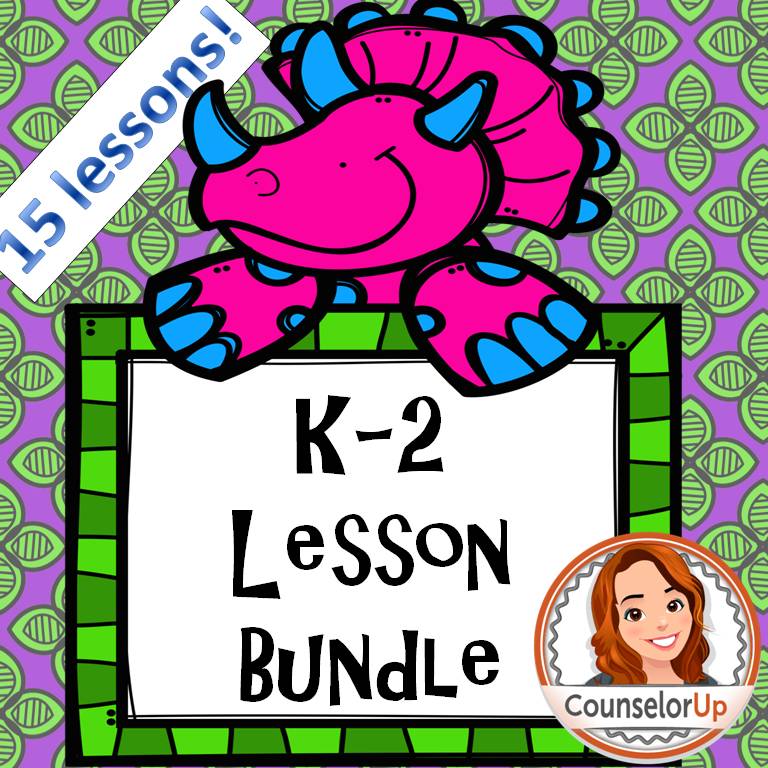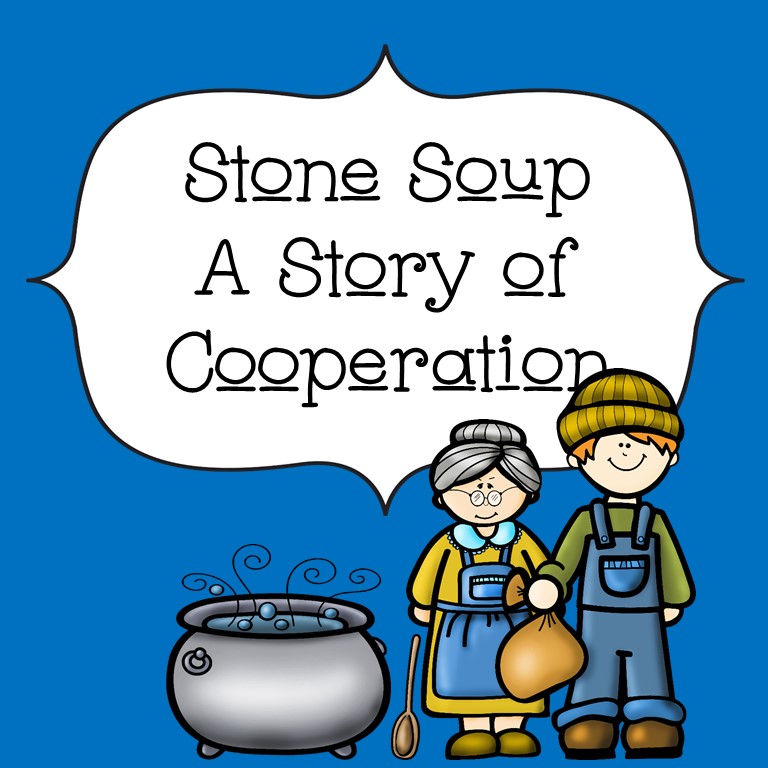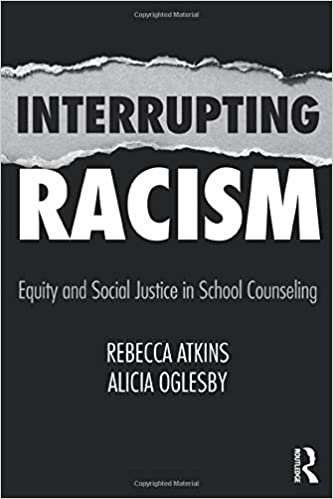|
I spend a lot of time thinking and talking about poverty and childhood. I was interested to be contacted by the counseling department at Northwestern about an interesting study about affluent teens. They've even included a cool infographic for use in your PLC discussions and your work with students!
While it may seem like the lives of affluent families (those with incomes ranging from general upper middle-class to just below the hyper-wealthy 1%) are cozy, calm and easy, teens with families who have few financial problems have their own unique set of challenges. Cheryl Rampage outlines the challenges upper-class teens face in The Challenge of Prosperity: Affluence and Psychological Distress Among Adolescents. Readers will be surprised at how the seemingly cushy lifestyle of rich adolescents can be rife with emotional disconnect, the pressure to succeed, and the subsequent risk factors of leading such lives. According to Dr. Rampage, there are two clear risk factors that are directly related to affluence: achievement pressures and isolation from parents. These risk factors directly contribute to the startling statistics regarding the dangers of emotional isolation: 25-30 percent more affluent boys and girls suffer from anxiety compared to other teens. They are more likely to use alcohol and more likely to abuse alcohol and other substances. Dr. Rampage addresses why both isolation and achievement pressures put adolescents into dangerous situations. It is common for affluent parents to impose high standards upon their children, expecting them to excel academically, socially, and athletically. Rampage writes that if this push “comes from inside the child, from passion and engagement, it can lead to achievement and satisfaction.” But if the push comes from outside of the self (i.e., from parents or other family members), it can have the exact opposite effect on children, diminish their motivation, and increase anxiety. Interestingly enough, it seems that the main issue is not the existence of high standards, but the fact that parents with lofty expectations of their children enforce the idea that “love is conditional on achievement,” says Dr. Rampage. This is a destructive value to instill in the mind of an adolescent—that they are only worthy of love if they are successful. Parents who obsess over superiority don’t just stress their children out—many of them suffer from self-confidence issues, with 25 percent of boys and 15 percent of girls reporting that they are “under-achievers” (Kindlon, 2001). The other risk factor, isolation from parents, can be both emotional and physical. Physical isolation can occur in upper class families simply because more money usually means bigger houses, thereby separating the families by square footage. If parents are harsh and judgmental when faced with their children’s inner experiences, their children will start to edit their daily discourse, saying things they know their parents want to hear to avoid conflict. Dr. Rampage notes that proximity to parents plays a major role in a healthy adolescence. Girls with a good relationship with their mothers made them less likely to be depressed, and a close relationship with fathers lessened their propensity to try drugs. Boys with close relationships to both parents have reduced depression symptoms. The studies cited by Dr. Rampage also mention that parental figures who might attempt to pick up the slack of a teen’s parents cannot incite the same effect as birth parents, and that a child with a good relationship with only one parent still suffers “the consequences of being distant from another.” Dr. Rampage says that “closeness to [a] parent is inversely correlated to affluence,” so families with less cushy living arrangements and careers often have better relationships with their children—either because they don’t work such long hours or because affluent children tend to be involved in numerous extracurricular activities. There are many risk factors directly related to affluence and upper-class adolescent development. Parents can avoid harming a child’s emotional growth by providing a concise structure for children, allotting them responsibility that directly correlates with their age and abilities communicating that their love comes without qualification and is a constant. While many people may scoff at the idea of wealthy children struggling, there are many kids who suffer mentally and emotionally because of their socioeconomic status. The goal is to minimize these cases by providing parents with the tools necessary to foster growth and forge healthy relationships. Thanks so much to Declan Habeck at Northwestern for your guest post. If you're interested in guest posting, please let me know! I'd love to have you :) By now, every school counselor has probably seen the movie Inside Out. If you haven't, go see it now! There's been a lot of buzz about how the story can help kids to understand their emotions, locus of control, and self-talk. When I saw the movie, I was most struck about how it is a story of coping with grief. Riley, the protagonist, is grieving the life she left behind when her family moved. I was inspired to create a 6 lesson group about grief. Inside Out Grief Group Highlights:Grief Group OutlineSession 1: Intro
Watch Inside Out Official Trailer. o Get to know each other M&M Game o Memory Projector printable-draw a picture of the person that you lost, introduce them to your group. Color the circle with the color that corresponds with how you are feeling today (see Feelings Poster) Session 2: Understanding Grief Watch Pizza Place Trailer o Define Grief: Intense sorrow caused by loss of a loved one (especially by death) o Yes/No flip Cards for characteristics of grief. Read card and students can flip their thumbs up or thumbs down card to agree or disagree that they have experienced that characteristic of grief. Session 3: Understanding Your Emotions Watch Feelings Intros o Draw 5 circles on the board: students share a time they felt each of the 5 feelings (anger, fear, sadness, disgust, joy) o Memory Bank –draw a memory in each circle, color with corresponding feeling color Session 4: Honoring Your Memories Watch Riley's Memories o Share memories of their loved one with the group, may bring in items or photos to share o Continue to work on the memory bank-Can add multiple pages to create a memory book Session 5: Support Network Watch Just Like Joy o Crayon example: Show students a crayon and say that when stress happens, it puts pressure on you. Break the crayon. You need a support network to help you stand the pressure. Tape crayon to a popsicle stick or pencil. Try to break (won’t break). o Does Riley push away her support when she’s feeling sad? o Who are your support people activity (included) o Optional Game: Kerplunk Session 6: Coping Strategies Watch Put Sadness in a Circle o In the movie, Riley tries to put sadness in a circle and tells her not to come out. Does this work? What happens? o It’s OK to feel your feelings. When you try to keep your uncomfortable feelings away, they start to spread. (Joy and Sadness get lost in the movie) o Coping strategies memory game. When you are ready to feel joy again try these ideas! I am so excited about this group! You can find many great clips of the Inside Out movie on Pixar's Youtube channel or you can purchase the DVD - I am sure it would get lots of use! ... I would buy me a- OK I'll stop singing now. I am always being asked what counseling materials I cannot live without. I thought it'd be fun to do a series listing what I would buy with different budget amounts. I am assuming that you are starting with an office with your basic materials including chairs, tables, art supplies, and all the other things you find readily in schools. Disclaimer- this post includes affiliate links. So, without further ado, If I had $100, I would buy:
Wow! A hundred bucks goes fast. What would you buy if you had a hundred dollars? New on Teachers Pay Teachers#christmasinjuly sale is here! Head on over to TpT and check out the many sellers who are hosting sales! The 4 products above are included at Counselor Up!
|
Rebecca AtkinsWelcome to my blog where I talk about all things school counselor and encourage others to Counselor Up! This website uses marketing and tracking technologies. Opting out of this will opt you out of all cookies, except for those needed to run the website. Note that some products may not work as well without tracking cookies. Opt Out of CookiesInterrupting Racism: Equity and Social Justice in School CounselingLinks may be affiliate links. If you link and purchase, I may receive compensation at no additional cost to you. Thanks for your support of Counselor Up.
Categories
All
Archives
July 2021
|
|
|


